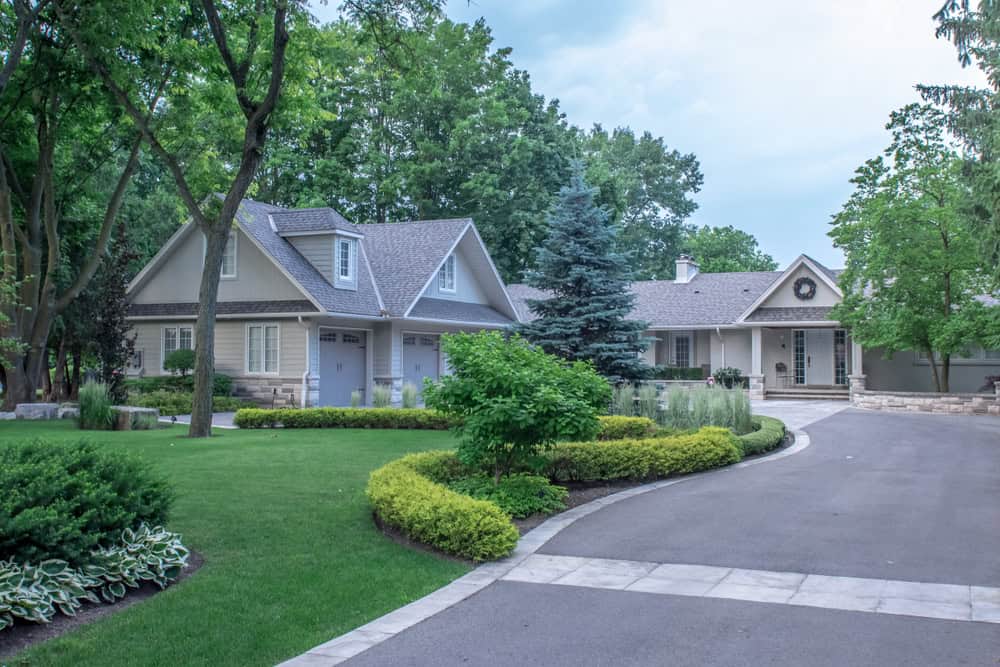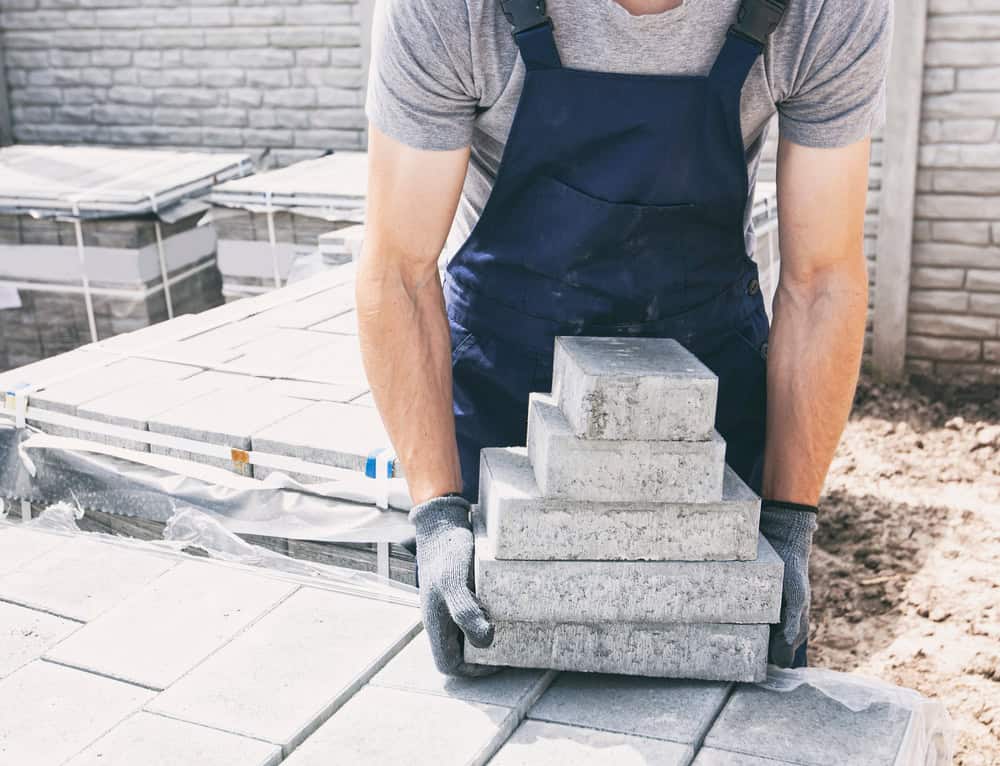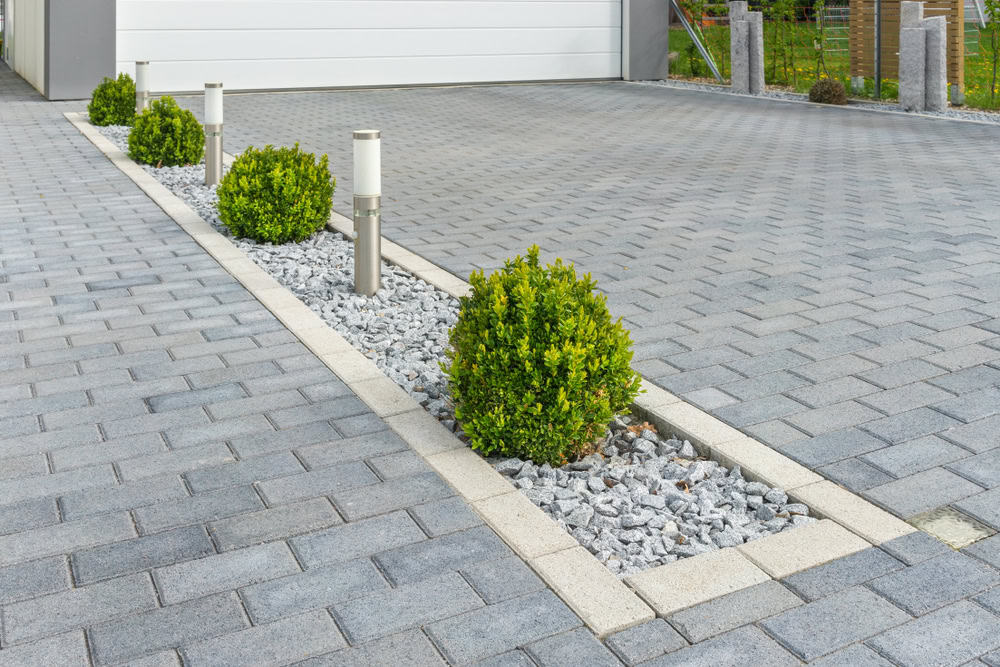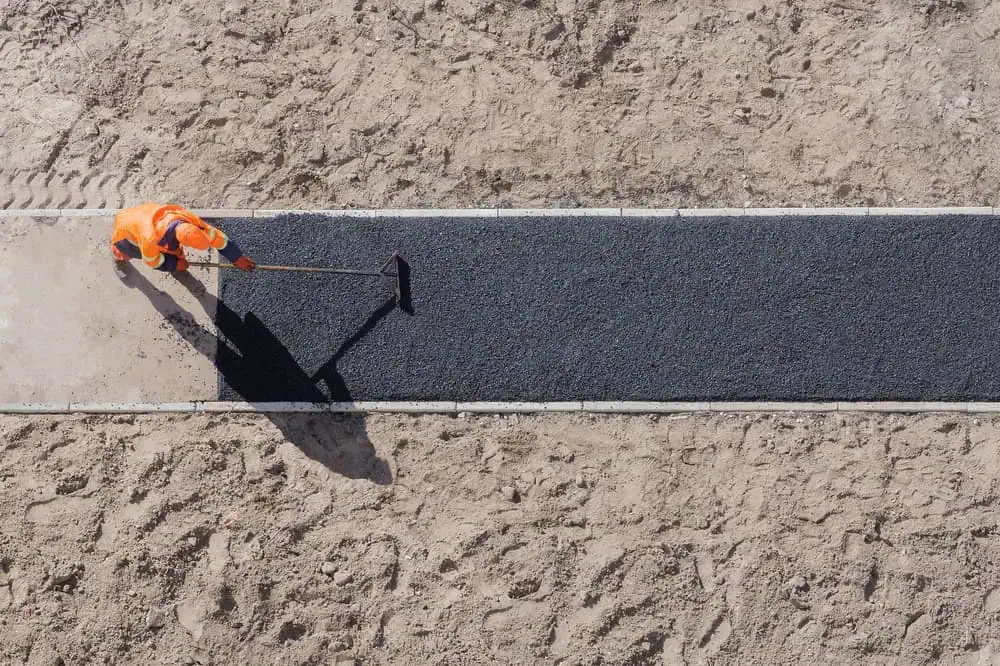Custom paver installation that increases your property value and creates the outdoor living space you’ve always wanted.


You want an outdoor space that looks amazing and stays that way. Not something that starts cracking after the first winter or develops weeds growing through every joint.
Professional paver installation gives you exactly that. When pavers are installed correctly with proper base preparation and quality materials, you get a surface that handles New England’s freeze-thaw cycles without shifting or settling.
Your new patio becomes the place where family dinners happen on summer evenings. Where you actually want to spend time because it looks great and feels solid underfoot. Plus, quality paver work typically adds 10-15% to your property value, making it one of the smarter home improvements you can make.
Academy Masonry has been handling paver installations throughout Stoughton and the surrounding area for years. We understand the local soil conditions, permit requirements, and what it takes to build hardscaping that survives Massachusetts winters.
You’re not getting a crew that learned paving last month. Our team knows the difference between a job that looks good for six months and one that looks good for decades. We use proper base materials, follow correct installation procedures, and stand behind our work with real warranties.

First, we come out to look at your space and talk through what you want. We measure everything, discuss material options, and give you a detailed estimate that covers the actual work involved.
Once you’re ready to move forward, we handle any necessary permits and schedule the work. Installation starts with proper excavation and base preparation – this is the part that determines whether your pavers stay level for years or start shifting after the first winter.
Then we install the pavers according to manufacturer specifications, making sure joints are properly spaced and edges are secured. We finish with joint sand and sealing if needed. The whole process typically takes 3-5 days depending on the size of your project, and you’ll know exactly what to expect before we start.

Ready to get started?
Your paver installation includes everything needed for a complete, professional job. We handle excavation to the proper depth, install the correct base materials for Stoughton’s soil conditions, and use quality pavers that work well in our climate.
You get proper edge restraints to prevent spreading, correctly graded surfaces for drainage, and professional joint sanding. We also clean up completely when we’re done – no piles of dirt or construction debris left in your yard.
Most importantly, you get installation that follows industry standards. That means your pavers won’t start sinking or shifting because someone skipped steps to save time. We do the work right the first time because fixing paver problems later is expensive and disruptive.

Local Resources